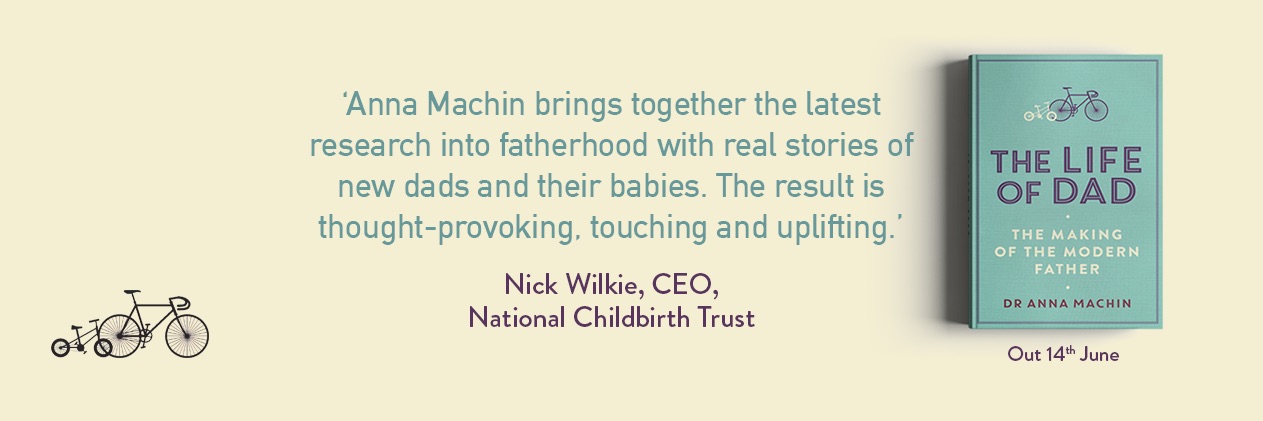March 28, 2019 by Robert Franklin, Member, National Board of Directors, National Parents Organization
Anne Stuhldreher gets it (Los Angeles Times, 3/27/19).
She’s something called the director of financial justice for the City of San Francisco. I have no idea what that position’s job description is, but Stuhldreher’s writing about child support and specifically that paid to mothers who’ve received some form of public assistance such as Temporary Assistance for Needy Families. As we all know, when Dad pays child support to Mom who’s received public assistance, the money goes, not to her but to the state to reimburse it for the money it paid her.
I’ve never understood the connection. Why does Dad’s money go to the state that paid, not him, but Mom? He owes the state nothing, but pays it back anyway. My guess is that federal and state governments noticed a source of funds and decided to grab them, sidelining in the process all their solemn comments about children’s need for support. If public assistance were even close to sufficient to support a family, then I could see a dollar-for-dollar reimbursement scheme. But in most states, it’s nothing like what’s required for families to make ends meet, so the only person deprived by the scheme is little Andy or Jenny.
In my first year as the director of financial justice for the city of San Francisco, I got asked one question over and over: “Can you please do something about child-support debt?”…
The child-support question at first had me puzzled. Why would government want to wipe out such debts? Wouldn’t that take money away from kids?
Of course it does exactly that. But it does worse too. Fathers who know their money isn’t going to their kids are far less likely to pay what they owe. And needless to say, the payback program only harms the poor.
But 70% of outstanding child-support debt in California is owed to the government, not to kids. That’s because three-quarters of California child-support cases involve low-income families — disproportionately families of color — currently or previously on public assistance. Of the parents who owe payback debt, most earn less than $10,000 a year.
That’s not just true in California, but nationwide. Indeed, almost 70% of child support debtors earn less than $10k per year. But California is uniquely bad in that it still charges stratospheric interest rates on what’s owed.
California charges 10% interest on missed child-support payments, one of the highest interest rates in the country.
Most states dialed back those rates years ago, but some haven’t. Even most of those that did still charge in the 5% – 6% range, far in excess of rates paid by even chancy debt instruments, but 10% is outrageous. It’s purely punitive and aimed directly at the poorest members of society. Charles Dickens and Victor Hugo would understand completely.
Stuhldreher notes the consequences.
In California, a parent with $36,000 in public assistance payback debt can pay $50 every two weeks for 30 years and still end up owing the government more than $400,000.
Does anyone anywhere believe that encourages a parent to pay? Or does it encourage him to hide out, make payments under the table to his ex or simply abandon the whole enterprise and hope he doesn’t get caught?
And let’s not forget that child support that goes to the state is treated just like child support that goes to the child.
Most California counties also may send people to jail who cannot pay back public assistance, and the state can suspend the driver’s licenses of those whose payments are more than 30 days late. None of this makes it easy for parents who owe child support to get or keep a job.
Yes Dad, Mom got money from the state, you failed to repay it, so you got to jail. Make sense?
Fortunately, there are a couple of bills before the California Legislature that would fix some of the worst aspects of the payback scheme.
State Sen. Nancy Skinner (D-Berkeley) introduced Senate Bill 337, which would require that 100% of parents’ payments go to their children and would end public-assistance payback requirements in California. When Colorado enacted this reform, child-support payments in the state jumped 63%. Families’ reliance on welfare and food stamps went down too.
Another bill put forward by Assembly member Reggie Jones-Sawyer (D-Los Angeles) would end the 10% interest rate on public-assistance debt. Jones-Sawyer is also introducing a bill that would extend a law that prevents public-assistance payback debt from growing while parents are incarcerated and cannot pay.
Thanks to Anne Stuhldreher for an informative piece.

